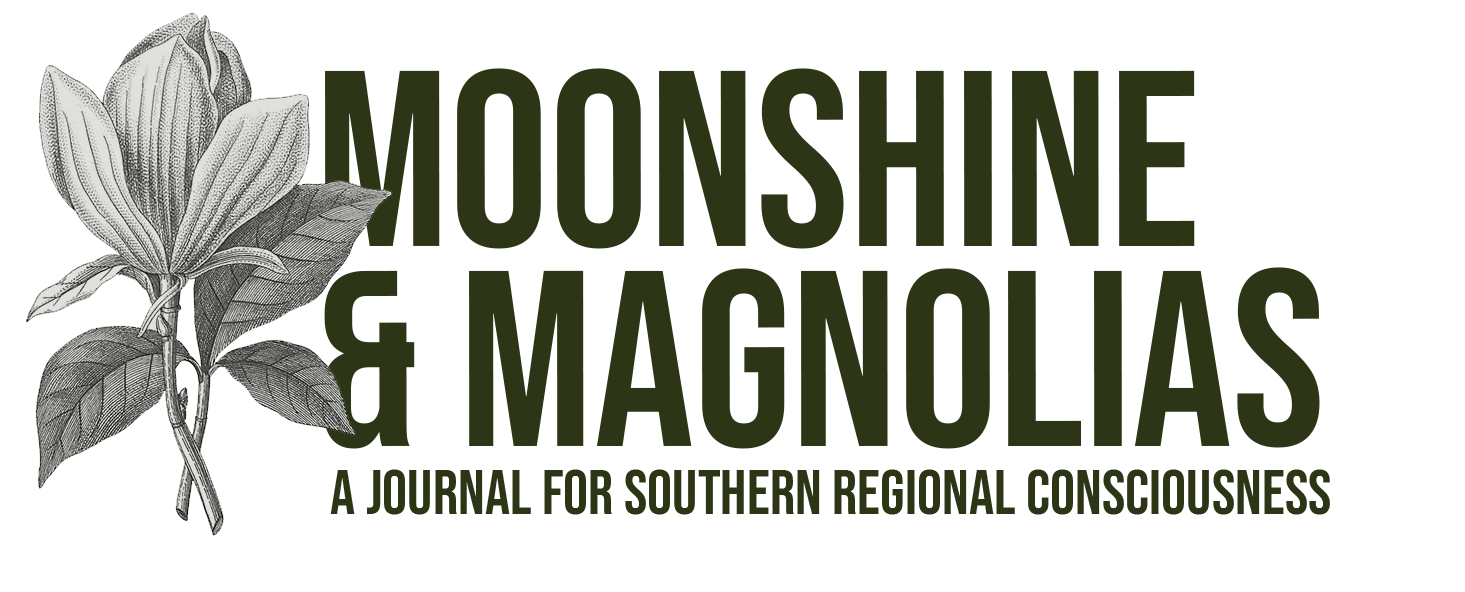Damming the Old Gods
It had rained all night — a welcome boon to a dry Texas. The first big storm of the rainy season marked the onset of more consistent colder weather. Not consistent enough to forestall intermittent revivals of 80 degrees, but a distinctive turn nonetheless.
A change in the local scenery had also accompanied the shifting weather’s harbinger. Not in the way that the forests further north change color (as I have been informed), but in a different way.
The river had flooded.
Concrete roads, tall towers, and relentless development have made people forget, but both Dallas and Fort Worth find their origin’s seeds in the banks of the Trinity River. The prolonged rain and swollen waters forced city-broke men to recall, if only for a moment, forgotten fears and ancient reverence.
Long before the days when our grandfathers were young, the people considered rivers to be the embodiment of local spirits. These regional gods were responsible for the success of a new settlement by blessing the crops, offering clean drinking water, and opening the paths of trade.
Just as easily, however, could the river gods express their wrath. Charging over the banks, rushing water could sweep hard-earned civilization away in a moment. Children lured by the river’s gentle song could likewise be stolen as punishment or sacrifice by a spirit scorned.
Not always were the people at the old gods’ mercy. Homer tells of when Achilles warred against the Scamander in the fields of faraway Troy. Though hard-fought, the hero brought the river to heel by the grace of greater gods. The sons of rivers were also felled by Achilles’ hand, leading the warrior to observe, “As Zeus is stronger than rivers that run to the sea, so the generation of Zeus is made stronger than that of a river.”
In our own country, the Indian tribes also displayed a certain religious posture toward the waterways. Coronado noted during his expedition in the southwest, “The water is what these Indians worship, because they say that it makes the corn grow and sustains their life, and that the only other reason they know is because their ancestors did so.”
Even as intrepid Europeans began mapping the New World, rivers generally maintained a divine connection. The Spanish explorer Alonso De Leon christened the river I lived on, La Santísima Trinidad, “The Most Holy Trinity.” A fine name that my ancestors saw fit to shorten but not forsake. A later Spaniard called the stream Encarnacion de Verbo—the “Incarnate Word.” Only the French (an ever-rebellious people) decided to go with the secular Riviere des canoës.
As the land changed hands from Indians to Spanish, from Mexican to Texan, the old river gods continued to rage. Even as late as 1908, the Trinity poured forth and reached a width of 1.5 miles, killing several people and destroying hundreds of homes. Drowned cattle hung from trees like putrid fruit revealed by subsiding waters.
Then, in the spirit of Achilles, modern man began to fight. Aided by the gods of science and industry, the people set about damming the old gods. All across Texas, levees, dams, and assorted infrastructure worked to regulate, constrict, and control. In many instances, massive lakes were intentionally formed by man’s design, flooding plains and consuming generational homesteads.
The construction projects that coated Texas during the 20th century forever changed the nature of the rivers and the land itself. No longer did mighty rains swell the river to apocalyptic levels as they did before. Rapidly increasing populations siphoned more and more from the waterways, and the once mighty rivers were largely tamed in the same way that the frontier was reduced through steady “progress.”
Not all men welcomed the changes. And when a series of damns were proposed for the winding Brazos (originally Los Brazos de Dios, The Arms of God), writer John Graves set out on a multiweek canoe voyage that culminated in “Goodbye to a River.”
“While all the rivers may continue to flow to the sea, those who represent us in such matters will at least slow down the process by transforming them from rivers into bead strings of placid reservoirs behind concrete damns,” Graves wrote. “Neither the certainty of change, nor the need for it, nor any wry philosophy will keep you from feeling a certain enraged awe when you hear that a river that you’ve known always, and that all men of that place have known always back into the red dawn of men, will shortly not exist.”
Others sought to use the modern momentum to make the rivers a more integral part of society. At one point, men dreamed that Dallas, nearly 300 miles from the Gulf Coast, would be a port town due to its position on the Trinity. The vision of a nautical city dimmed with the appearance of the railroads in the 1800s and was virtually extinguished with the proliferation of the automobile in the 1900s. With the numerous dams impeding travel, the idea remains far afield.
The generation of Zeus is stronger than that of rivers.
Nevertheless, the old gods sometimes find the strength to raise their hoary heads. The recent heavy and extended rains caused new residents much consternation despite still being many feet from encroaching on the sacred roadways. Still, the weathermen threw up graphics showing the rising waters, and pundits discussed some of the lingering memories of flood-filled times.
Reverence, like all things in this era, was short-lived. The rain stopped, the water was regulated, and the river retreated as the tamed Scamander once did. People were again content to forget the dammed old gods.
Jonathan Richie is the lead press secretary for the Texas Office of the Attorney General, and has a background in historical research. He graduated with a degree in Classics from Houston Christian University in 2017, having studied Latin, Greek, and Hebrew. After attaining a Master’s degree in History, Jonathan is currently a doctoral candidate at Liberty University.
